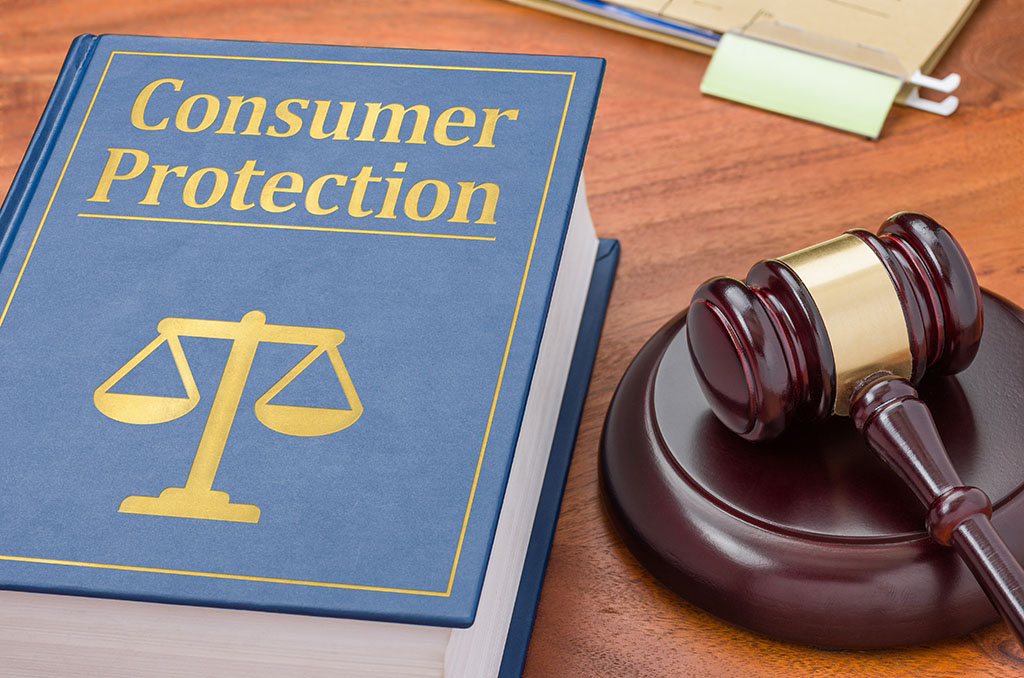Consumer Protection and Environmental Searches

How Consumer Protection Regulations affect environmental searches
Location Intelligence experts Groundsure are committed to assisting solicitors with their training especially in light of the new Law Society Practice Note on Consumer Protection Regulations.
The Consumer Protection Regulations apply to any ‘business to consumer’ commercial practice, which in our field would be solicitor / conveyancer to home owner (client). These practices apply to any sale or supply of a product, and can range from simple products like an item of clothing to the services involved in complex processes such as buying a house.

The concept of CPRs is to protect the consumer from banned practices which would lead that consumer to make an informed or uninformed decision on their purchase. This is more than prevalent in the practices of the house buying world. Many consumers are unaware of the processes behind this practice and tend to just pay their solicitor the fees and disbursements. But what are these disbursements and how does the consumer know exactly what they are paying for? Best practice suggests client care letters are a great resource for all solicitors to provide to their clients. Client care letters should include all the relevant information on the searches required in a property transaction. These range from the mandatory drainage and water search and local authority CON29 searches to the Law Society practise note recommended searches such as contaminated land and flood risk reports. To ensure transparency to the client, the fee structure should be detailed within this letter and include any additional disbursements such as extra fees for the search provider in light of any adverse results.
How to overcome misleading omissions and banned practices:
- Be transparent on what an environmental search is, what is included and who the provider is. This links back to giving insufficient information about the product. It is the solicitor’s duty as per the Law Society Practice Note to provide the consumer with all the information they need to make an informed choice. Groundsure are able to assist solicitors with CPD training on why environmental and other searches should be purchased to ensure their knowledge in this field is up to date.
- In many property transactions, further reports are required outside the scope of the standard “environmental search”. These included searches such as HS2, Crossrail, Planning and Energy. It should be best practice to ensure all these costs are provided to the consumer up front in a worst case scenario way and be included in the disbursements.
- It should also be considered that when an environmental report is failed / In Need of Further Assessment that the potential cost implications such as local authority fees are provided to the consumer at the time of purchase. As the price of a product in most circumstances is material information, not providing this in a timely fashion before a transactional decision is made is likely to amount to a misleading omission.
- Do not omit material information that the average consumer needs. Ensure the full environmental report, not just the first page is provided to the consumer. Ensure all information is disclosed.
Why is this important?
A consumer now has a new right to seek damages from the “trader” if they incur financial loss that they wouldn’t have done if it weren’t for the “trader’s” actions. In the world of conveyancing and home buying, the purchaser will have recourse to the solicitor for non-disclosure of essential information that could have impacted their decision to purchase a property or not.
Ensure you are ahead of the game with Groundsure’s expert CPD and webinar programme.
Date:
May 9, 2016
Author:
Catherine Shiers

